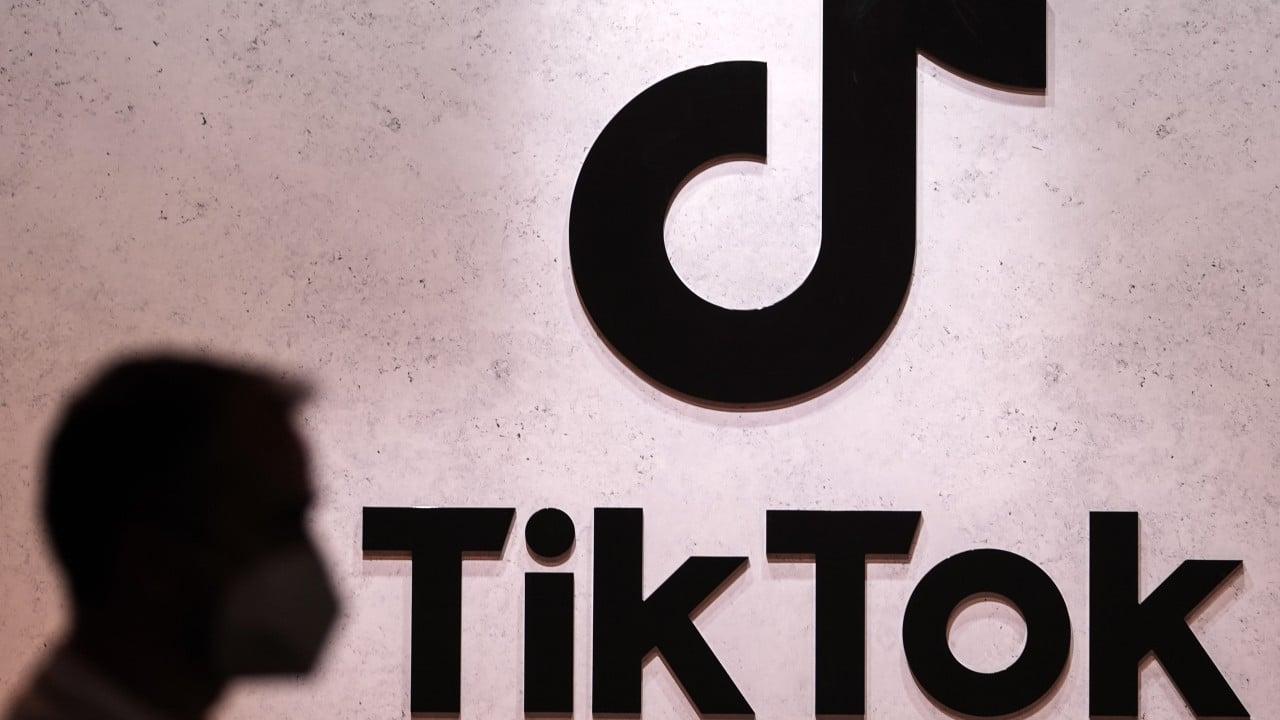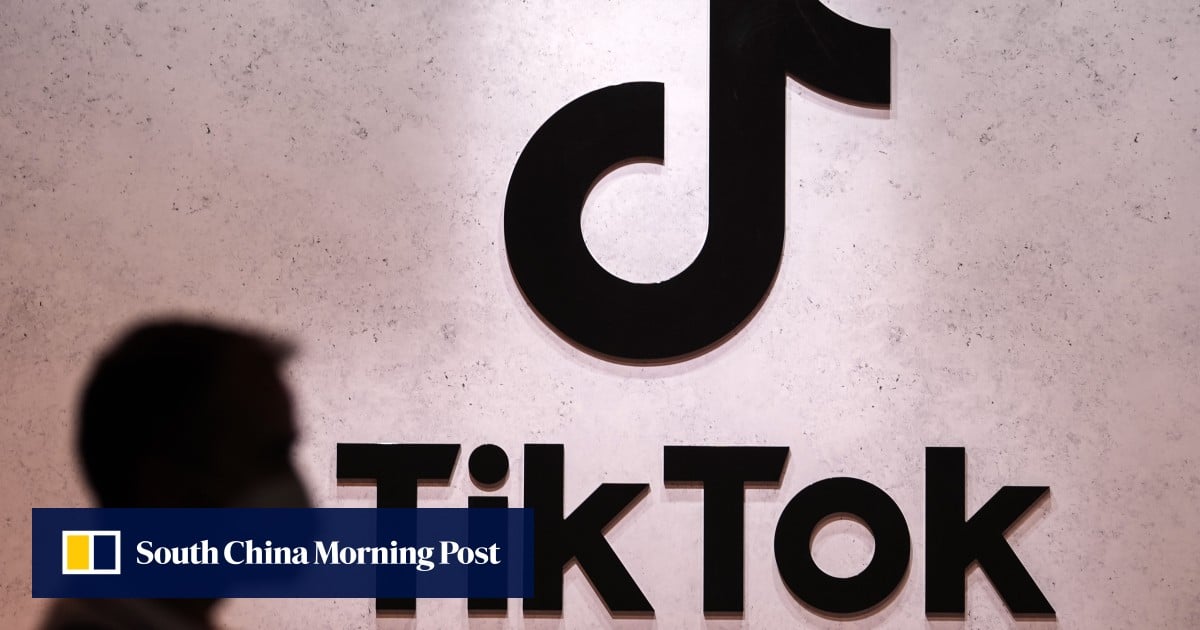

Although Chinese apps have been under pressure since former US President Donald Trump called into question their potential danger to national security in 2020, Chew’s hearing is highly unusual for a senior Chinese executive, fanning fevered speculation on Chinese social media.
One Chinese internet user named Sishuinianhua posted on news aggregator Jinri Toutiao, also owned by ByteDance, that Chew might even be detained by Washington as happened in the case of Meng Wanzhou. Meng, the CFO of Huawei Technologies Co and daughter of founder Ren Zhengfei, was detained at Vancouver airport in 2018 upon a US request and held for about 1,000 days before being allowed to return to Shenzhen in 2021.
Others raised the prospect that Washington may revive efforts to force a sale of TikTok’s US operations to overseas investors.
Among 104 comments applied to a report on Chew’s upcoming testimony on Jinri Toutiao, 47 discussed whether Chew’s trip to the US would be “dangerous”. The user named Sishuinianhua warned that it was necessary to “avoid repeating Meng’s case”.
Other netizens were less alarmed. One user going by the handle Duonaohepan on microblogging site Weibo posted that “he who has a mind to beat his dog will find his stick”, citing an ancient Chinese saying.
There was a lot of talk over whether ByteDance will “kneel down” this time, in a reference to the company’s actions during the Trump administration, when it was in talks to sell TikTok to Oracle and Walmart to comply with US demands. The deal was frozen after Beijing added two technologies used by the app to its own export control list. A US ban on TikTok was later revoked when US President Joe Biden took office.
However, although Chew will be one of the most senior Chinese executives to ever face a direct Congressional grilling, he will not be the first TikTok executive to face US lawmaker questions.
At a Senate hearing in October 2021, Texas senator Ted Cruz grilled Michael Beckerman, TikTok’s then head of public policy for the Americas, about the app’s links to China.
In December 2022, Biden signed into law a measure prohibiting federal employees from using TikTok on government-issued devices as part of an omnibus package. As of Tuesday, at least 31 states have banned the app on state networks or devices as well.
Last week, bills to wholly ban TikTok in the United States were reintroduced in both the House of Representatives and the Senate by Republican Representative Ken Buck of Colorado and Senator from Missouri Josh Hawley. On Friday, the House Foreign Affairs Committee confirmed that it will hold a February vote on Buck’s bill.
A separate bill introduced earlier this month prohibits federal funds from being sent to colleges and universities that have not banned the use of TikTok on institutional devices, with exceptions made for research purposes. TikTok and ByteDance spent a record US$5.4 million lobbying the US government in 2022, 3.8 per cent higher than a year before, according to its filings to the US House.


